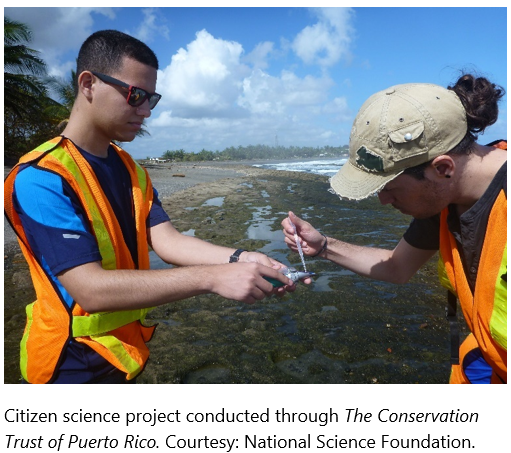
Imagine what could be achieved if thousands or even millions of citizens were engaged as research partners collecting and sharing data about their local environment. That’s the potential of citizen science—a process allowing research organizations to tap the collective strength of communities and the public to identify research questions, collect and analyze data, interpret results, make new discoveries, and develop technologies and applications.
EPA is working to strengthen and support the use of citizen science at all levels of government by building on the lessons from programs across the nation.
The agency is collecting case studies that demonstrate how state, tribal, and local agencies employ citizen science to monitor water and air pollution, harmful algal blooms, and other conditions. In addition, EPA recently partnered with the Environmental Law Institute to assess and characterize how partner agencies are utilizing citizen science in environmental programs.
We need your help!
Do you know of programs that are actively engaging volunteers or the public to collect data? Can you share examples of environmental or public health agencies using citizen-generated data to inform decisions, identify concerns, or target actions? If the answer is yes, or if you simply want to explore more about how EPA is unleashing the power of citizen science, please visit the EPA citizen science webpage or contact Jay Benforado in EPA’s Office of Research and Development. You can also check out the E-Enterprise Community Inventory Platform for multiple projects and discussion threads related to citizen science!
